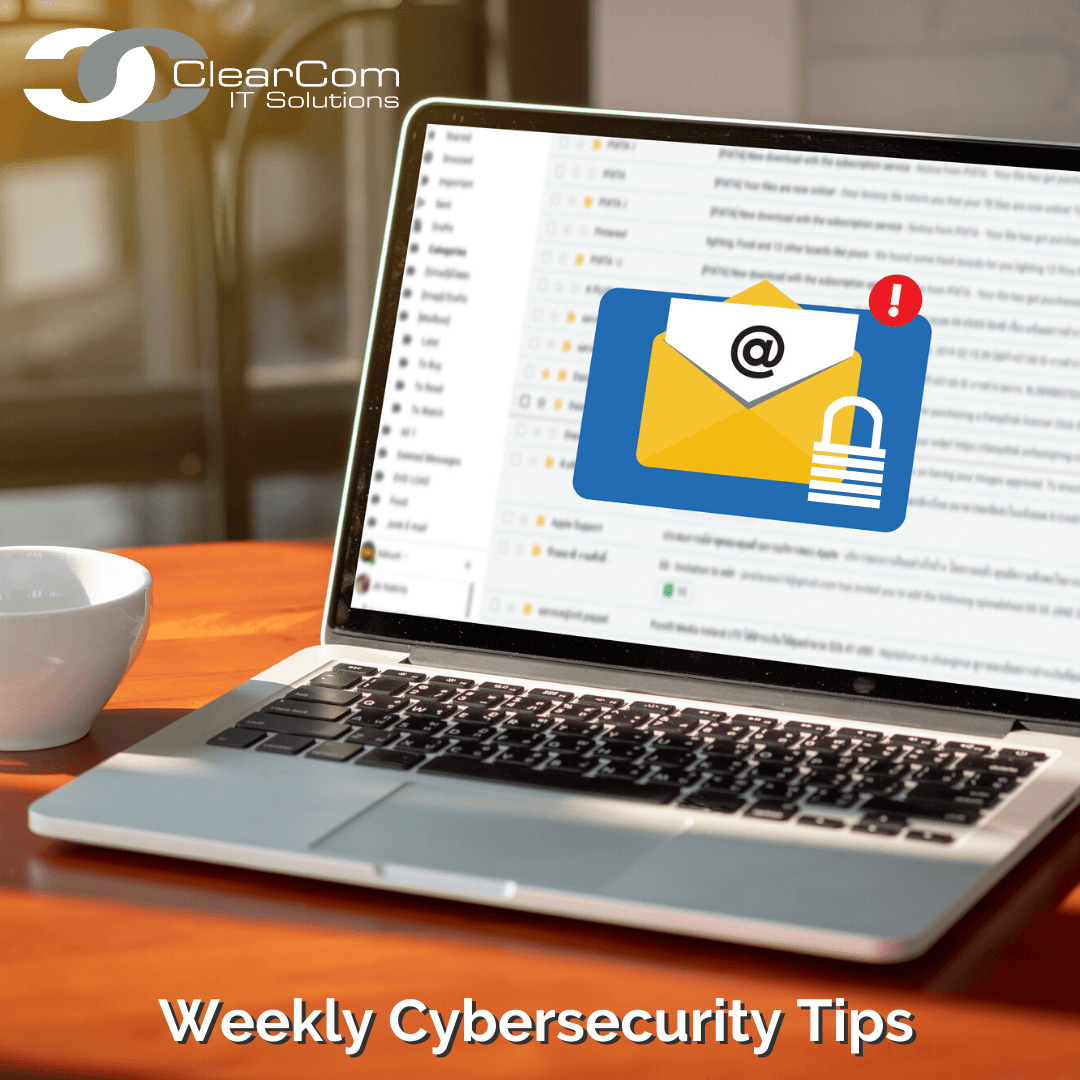 We’ve been hit with a lot of high heat days this summer. Combined with all the rain and wind storms resulting in numerous power outages and over-taxed HVAC systems, our technology has been paying the price.
We’ve been hit with a lot of high heat days this summer. Combined with all the rain and wind storms resulting in numerous power outages and over-taxed HVAC systems, our technology has been paying the price.
Every piece of technology you use is susceptible to heat damage. Processing data causes internal systems to heat up. Sometimes the internal cooling systems for the devices aren’t enough to handle the additional heat from the environment.
If heat overwhelms your systems, it has the potential to knock out your business. If computers go down or servers can’t run efficiently due to heat, it can be a costly disaster.
Heat can damage device components.
For example, heat can damage individual components in your devices. Most computer components are designed to withstand high heat, but they can only take so much. Many devices, such as laptops and phones, are designed to shut down if the temperature reaches a specific threshold to minimize damage to their internal components.
High heat can disrupt your productivity.
Besides making it uncomfortable for your team members to work, excessive heat slows down devices. They cannot run as efficiently and, as a result, programs and apps will struggle to run. In some cases, they might not be able to run at all because they require a certain amount of data processing that is negatively impacted by too much heat.
Excessive heat can put your data at risk.
Heat can damage hard drives and solid-state disk drives, leaving you without access to your data. With proper cooling, it may be possible to revive the disks/drives, but if the heat and damage persist, the data may be unrecoverable. This is why it’s super important to have a backup of your data.
Minimize heat damage to your technology.
In addition to keeping your employees cool, make sure you have adequate and efficient air conditioning for rooms where you are running computers and servers. Have your IT professional check that individual devices have adequate cooling. If employees are complaining about weird app slowdowns, it could be an indicator of internal issues. If you are working from home, a fan directed at your computer/desk area can help minimize overheating issues. There are also cooling pads you can get for laptops that will keep your system at the correct temperatures.
Along these lines, it’s critical to ask questions about your data security needs.
Do you keep all of your data on-site?
Is your data protected from natural disasters or outside intrusion?
Have you invested in cybersecurity protections?
Do you have a plan if your data is damaged or lost?
Do you routinely back up your data to the cloud or another off-site solution?
You should never have to compromise your data or your business. There are countless solutions on the market today to help you protect your most valuable assets – and to help with your technology cooling needs. A managed services provider (MSP) or an experienced IT services firm can help you determine if your tech is as cool as it should be. Through regular technology reviews, they can help you ensure the longevity of your technology and keep your data safe. Reach out to our team if you would like more information about protecting your devices from damaging heat and data security.



 Local IT Company Celebrates 20th Anniversary with Prestigious Inc. 5000 and MSP501 Rankings
Local IT Company Celebrates 20th Anniversary with Prestigious Inc. 5000 and MSP501 Rankings